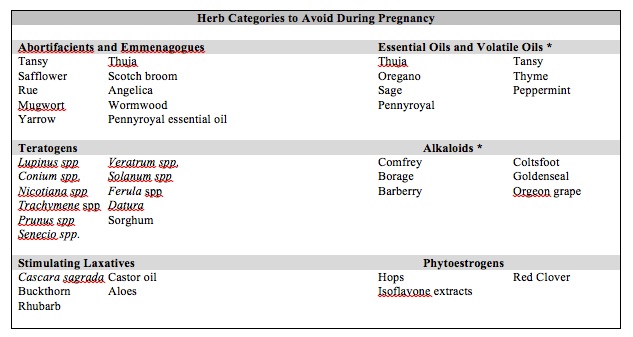

FDA Pregnancy Categories FDA Pregnancy Risk. Breastfeeding & OTC Medication: Safety Tips That You. SmallBusinessAssistance/UCM431132.pdf; FDA Consumer. COMMON MEDICATIONS SAFE IN PREGNANCY Clindamycin ACNE: Benzoyl Peroxide Topical Erythromycin. Salicylic Acid. AVOID: Accutane Metamucil. Future Pinball Simpsons Game.
Visual Basic Codings Programs. • • • • • • • • •,,, Are you pregnant and taking medicines? You are not alone.
Many women need to take medicines when they are pregnant. There are about six million pregnancies in the U.S. Each year, and 50% of pregnant women say that they take at least one medicine. Some women take medicines for health problems, like diabetes, morning sickness or high blood pressure that can start or get worse when a woman is pregnant.
Others take medicines before they realize they are pregnant. Pregnancy can be an exciting time.
However, this time can also make you feel uneasy if you are not sure how your medicines will affect your baby. Not all medicines are safe to take when you are pregnant. Even headache or pain medicine may not be safe during certain times in your pregnancy. Here are four (4) tips to help you talk to your healthcare provider about how prescription and over-the-counter medicines might affect you and your baby. • • • • Bonus Tip: 1.
Ask Questions. Always talk to your healthcare provider before you take any medicines, herbs, or vitamins.
Don't stop taking your medicines until your healthcare provider says that it is OK. Use these questions to help you talk to your doctor, nurse, or pharmacist: • Will I need to change my medicines if I want to get pregnant? Before you get pregnant, work with your healthcare provider to make a plan to help you safely use your medicines. • How might this medicine affect my baby? Ask about the benefits and risks for you and your baby.
• What medicines and herbs should I avoid? Some drugs can harm your baby during different stages of your pregnancy. At these times, your healthcare provider may have you take something else.
Windows Vista Home Premium 32 Bit Italiano Isosorbide. • Will I need to take more or less of my medicine? Your heart and kidneys work harder when you are pregnant. This makes medicines pass through your body faster than usual.
• Can I keep taking this medicine when I start breastfeeding? Some drugs can get into your breast milk and affect your baby.
• What kind of vitamins should I take? Ask about special vitamins for pregnant women called pre-natal vitamins. Pre-Natal Vitamins Some dietary supplements may have too much or too little of the vitamins that you need. Talk to your healthcare provider about what kind of pre-natal vitamins you should take.
What is folic acid? Folic acid helps to prevent birth defects of the baby’s brain or spine. Ask about how much folic acid you should take before you become pregnant and through the first part of your pregnancy. Read the Label Check the drug label and other information you get with your medicine to learn about the possible risks for women who are pregnant or breastfeeding. The labeling tells you what is known about how the drugs might affect pregnant women. Your healthcare provider can help you decide if you should take the medicine. New Prescription Drug Information. The new labels will replace the old A, B, C, D and X categories with more helpful information about a medicine's risks.